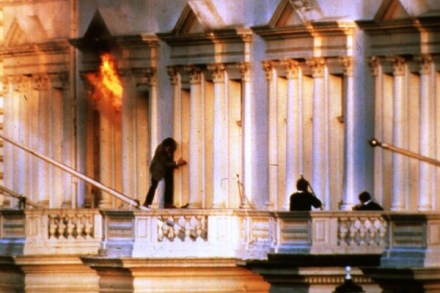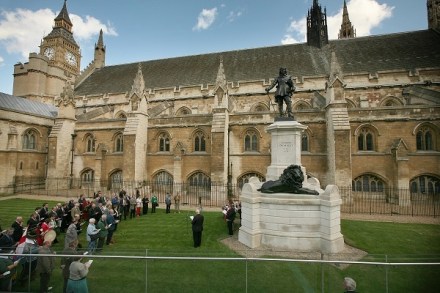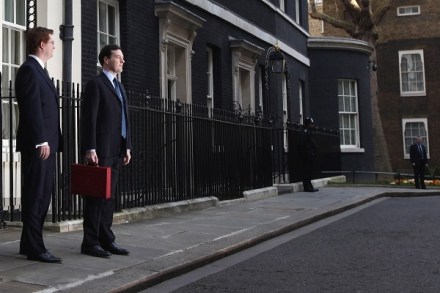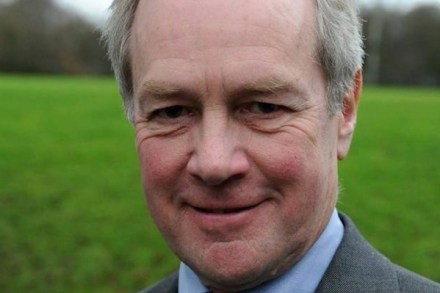Zero Six Bravo proves that too much secrecy over Special Forces is a bad thing
Zero Six Bravo tells of 60 Special Forces operators forced to remain silent in the face of accusations of ‘cowardice’ and ‘running away from the Iraqis’ in the 2003 war. In the face of such savage media criticism, and being branded as ‘incompetent cowards’ who ran an ‘operation cluster f___’ in Iraq, the men who



























